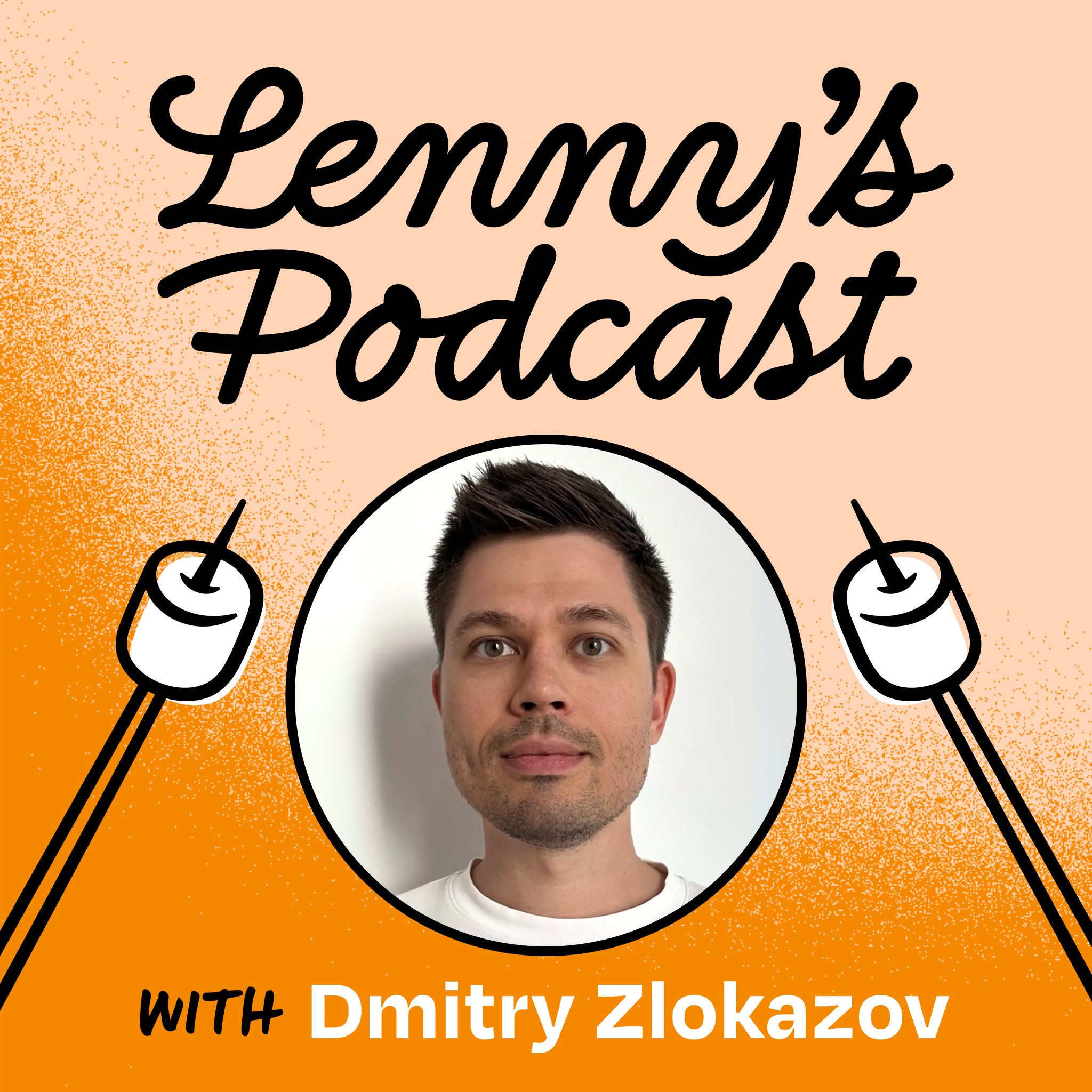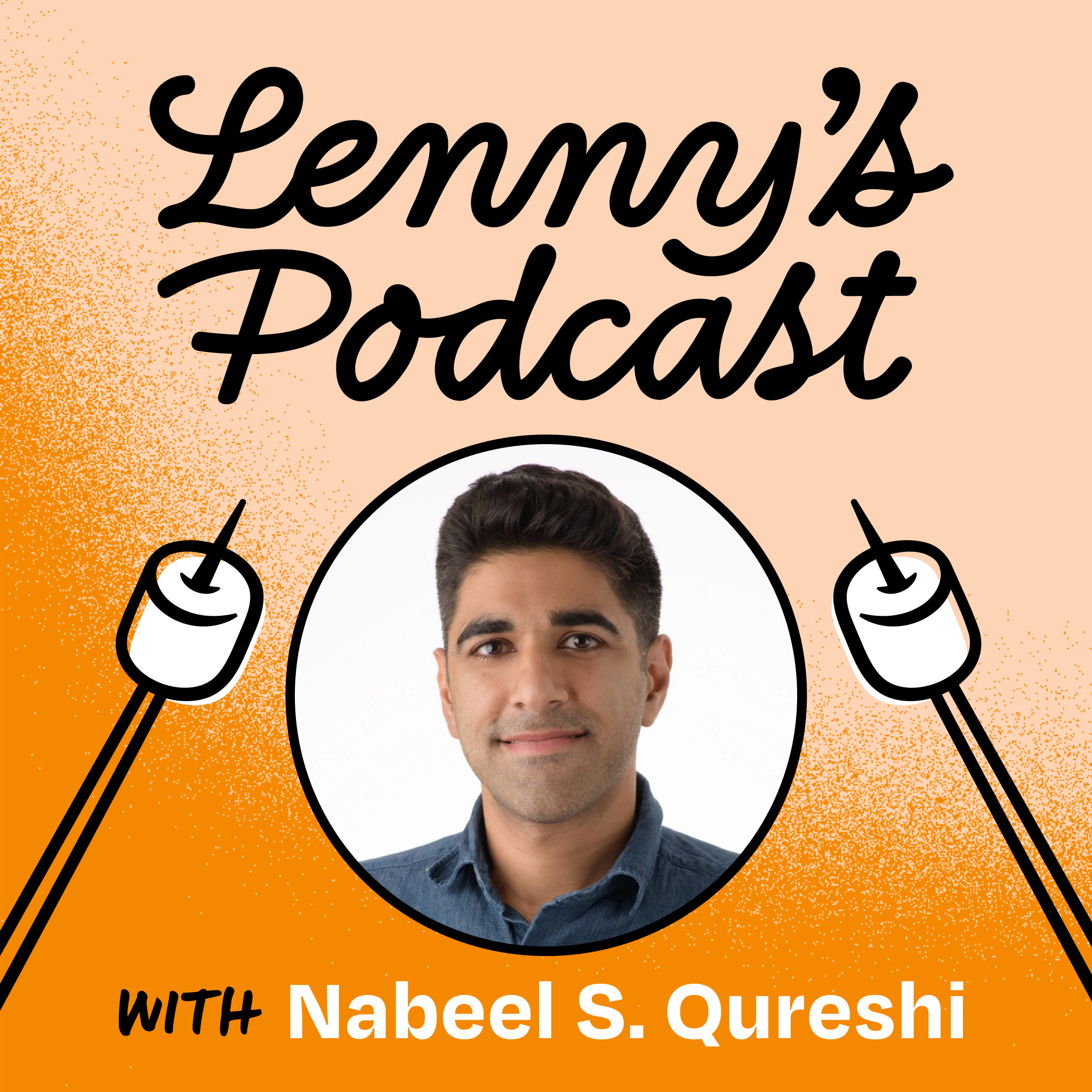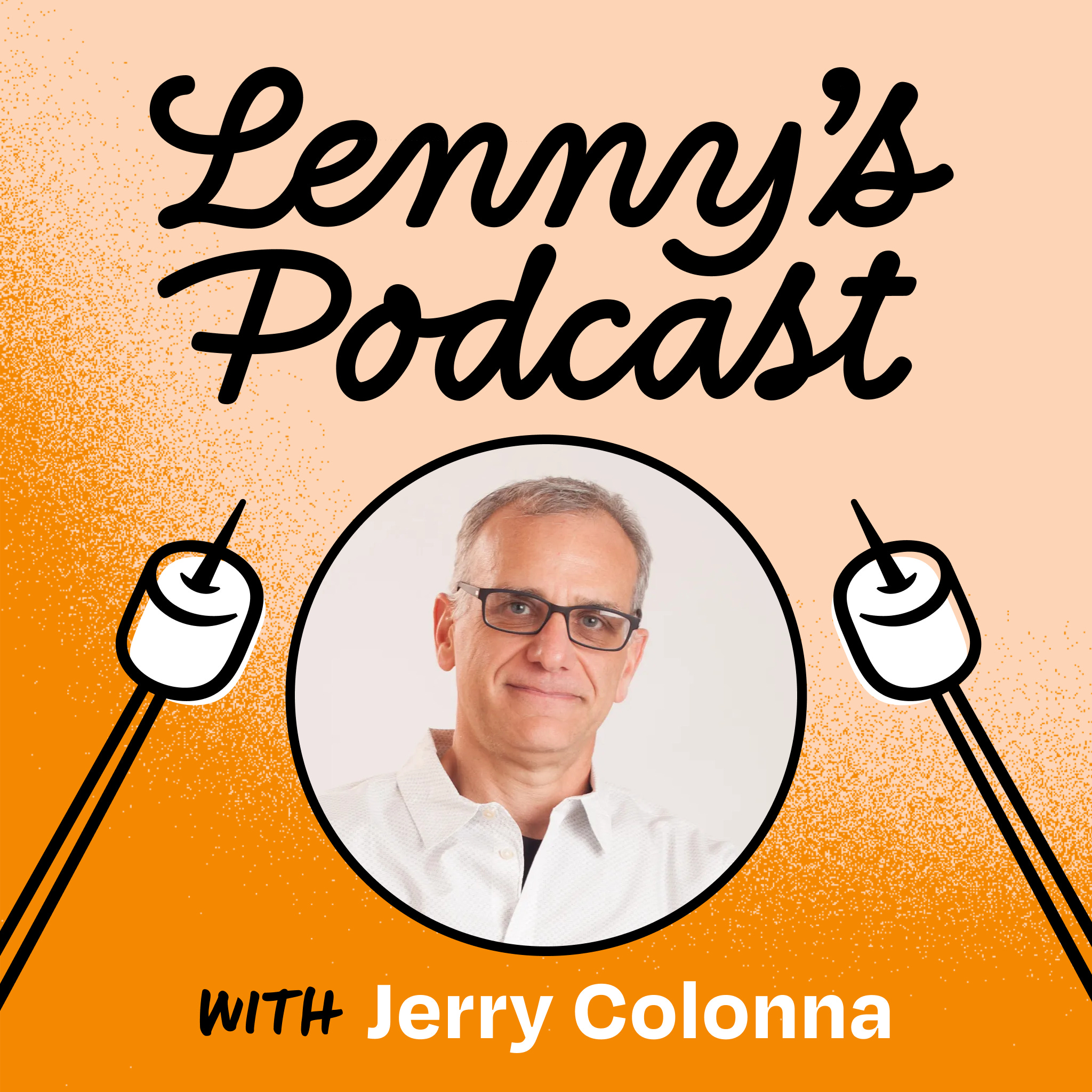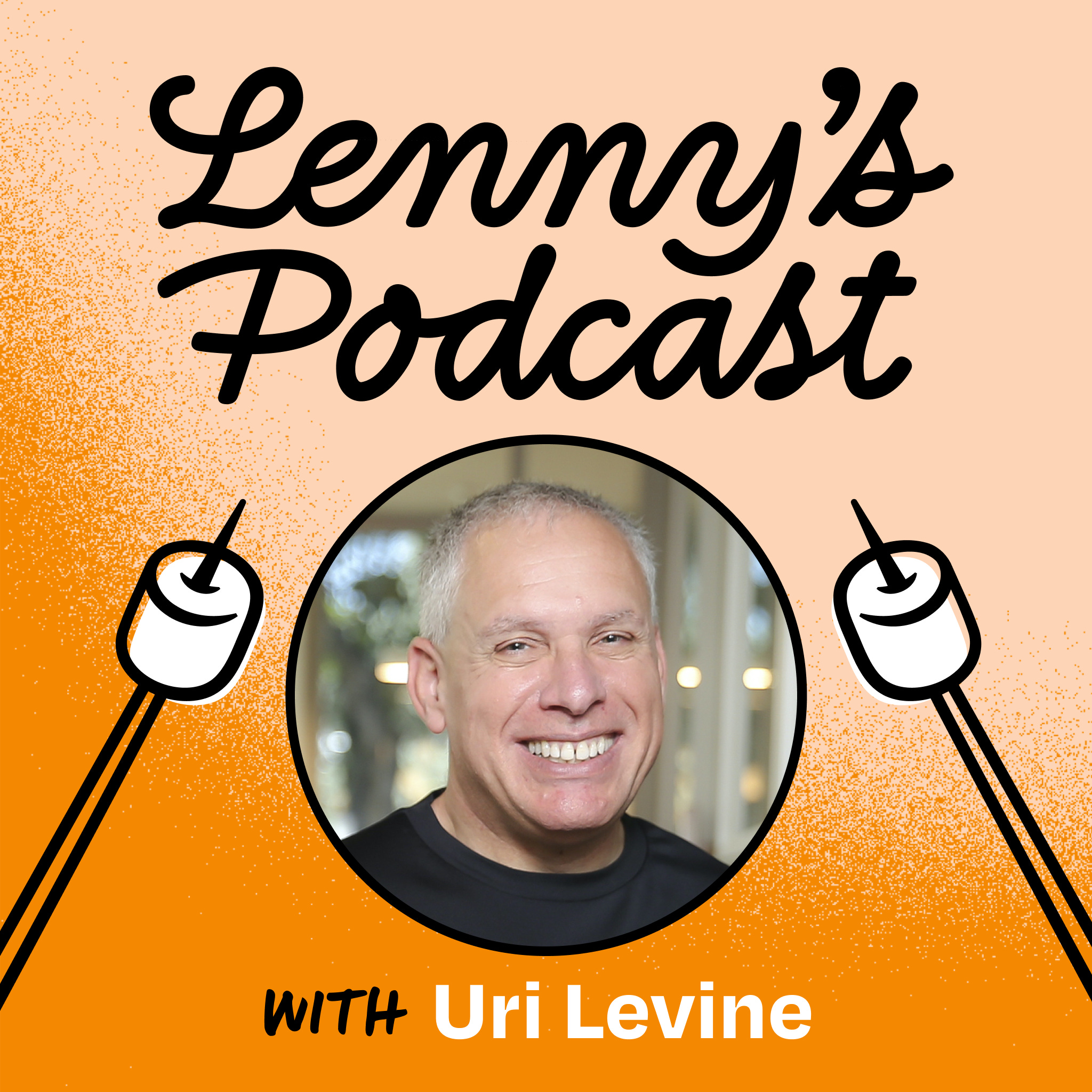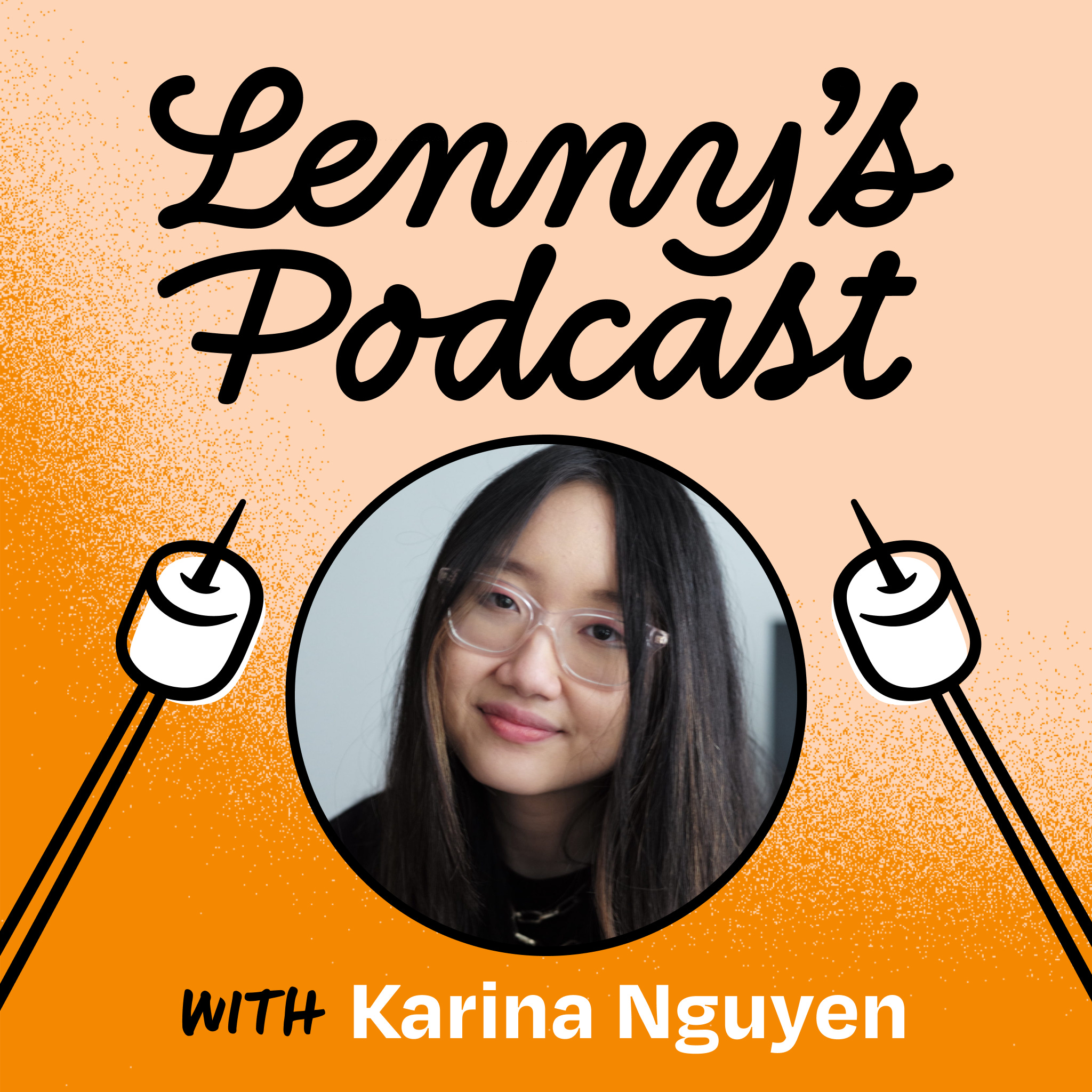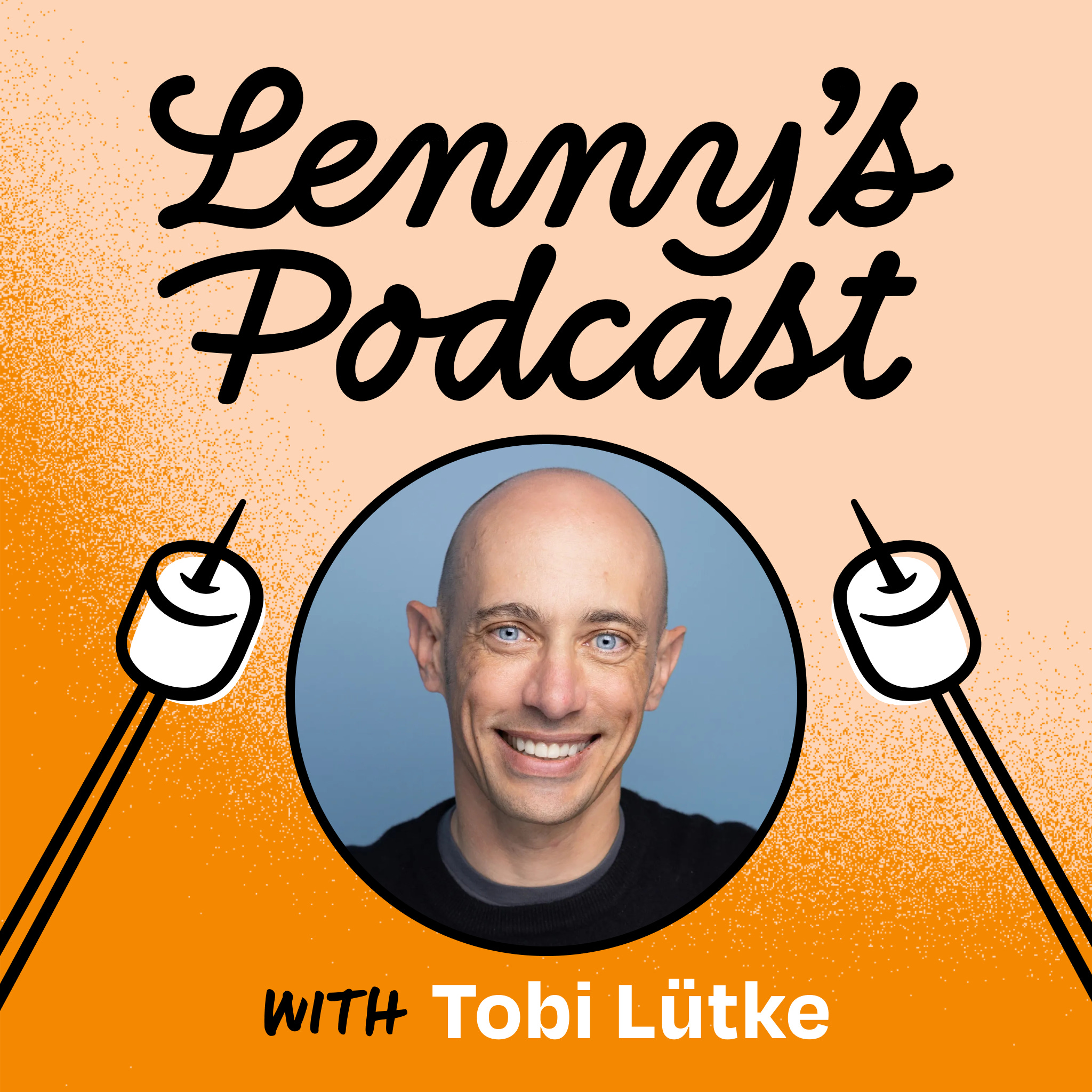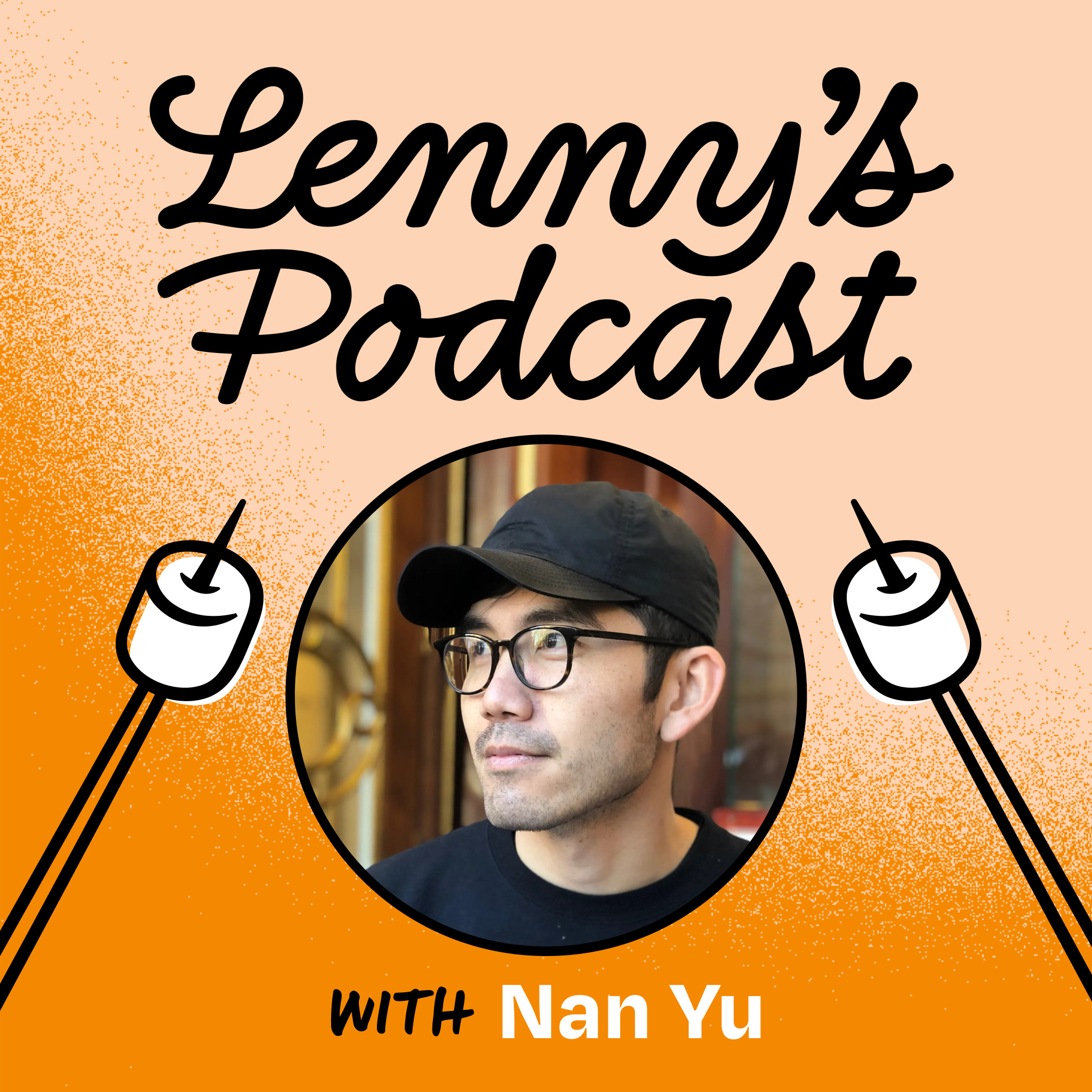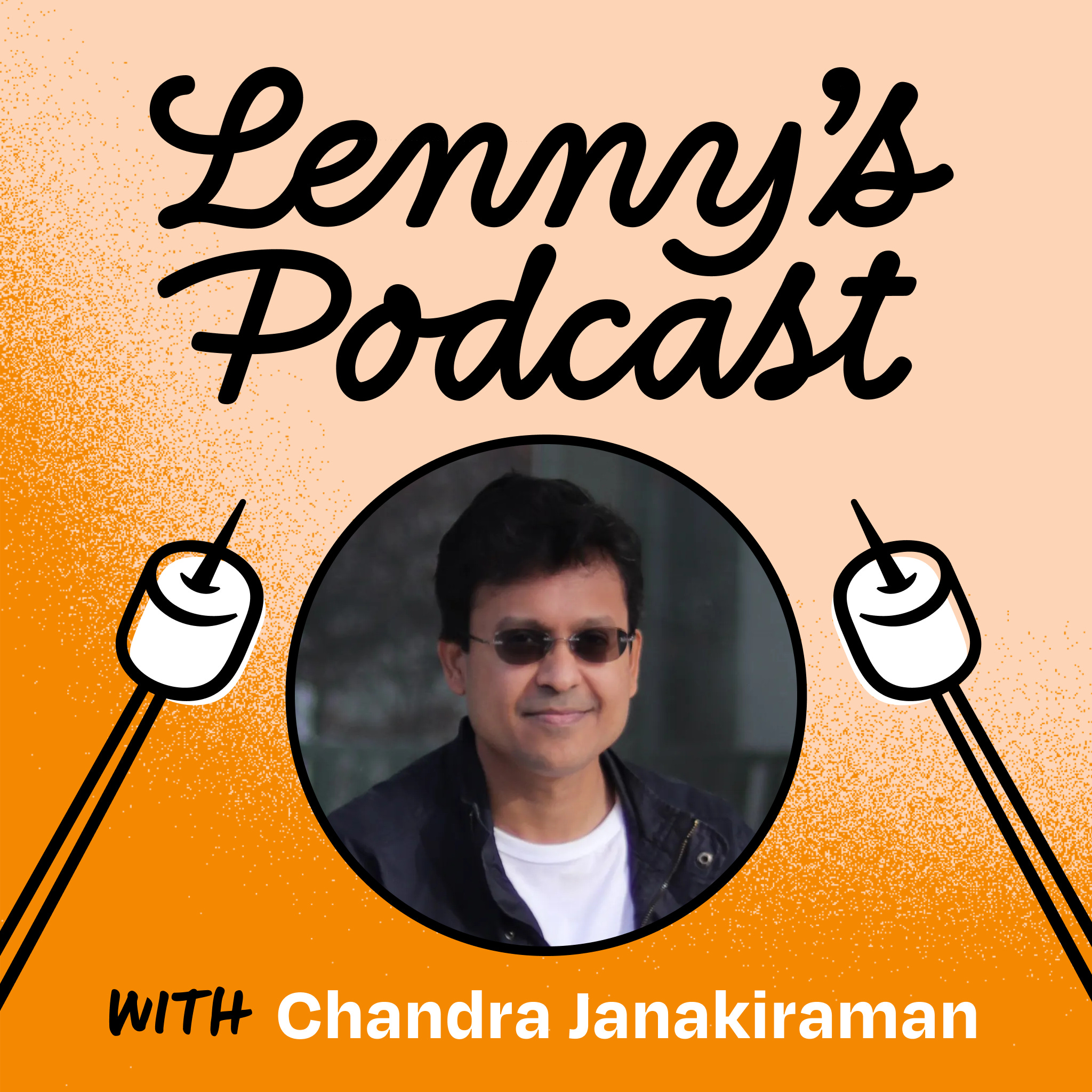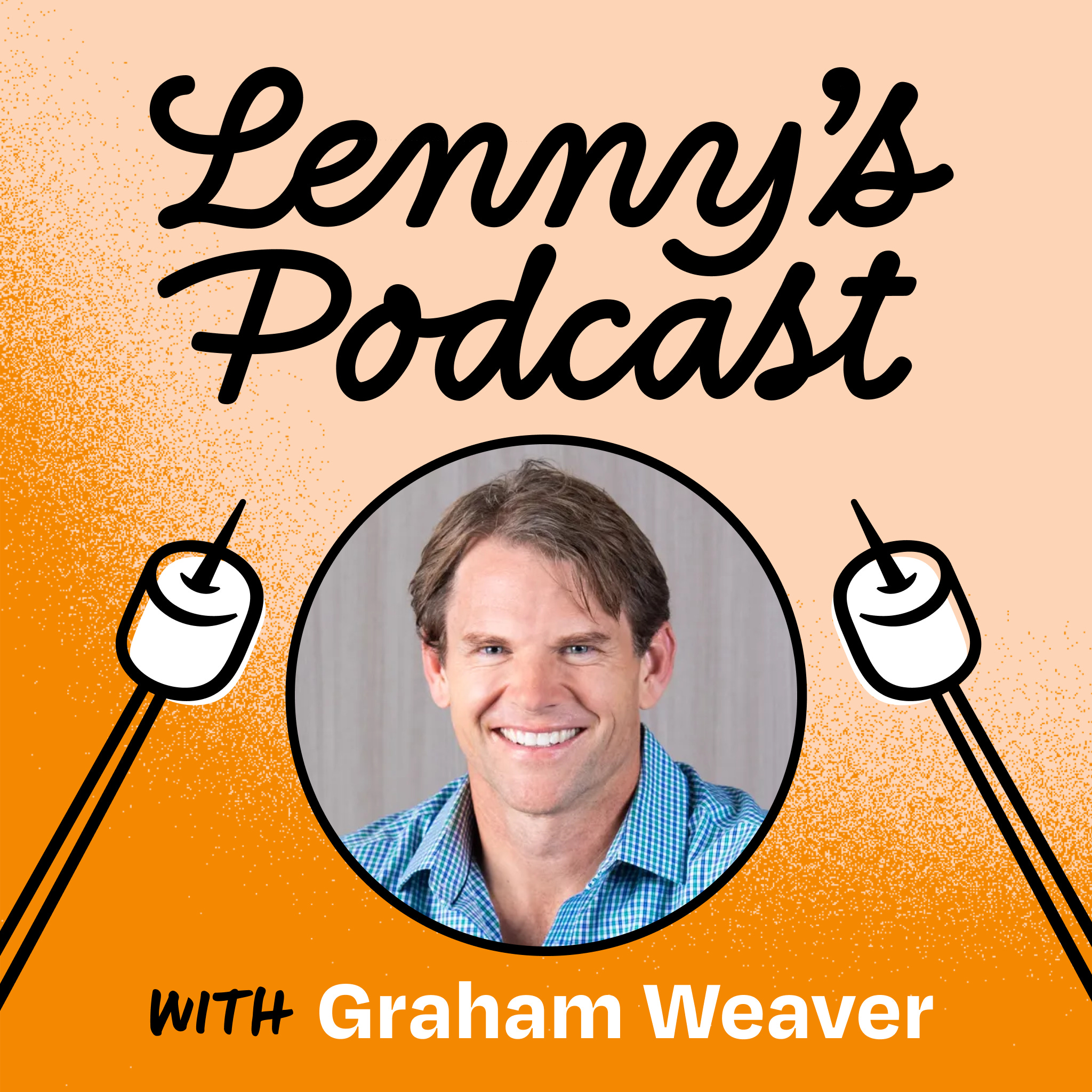
August 4, 2024 • 1hr 14min
Lessons from scaling Uber and Opendoor | Brian Tolkin (Head of Product at Opendoor, ex-Uber)
Lenny's Podcast: Product | Growth | Career
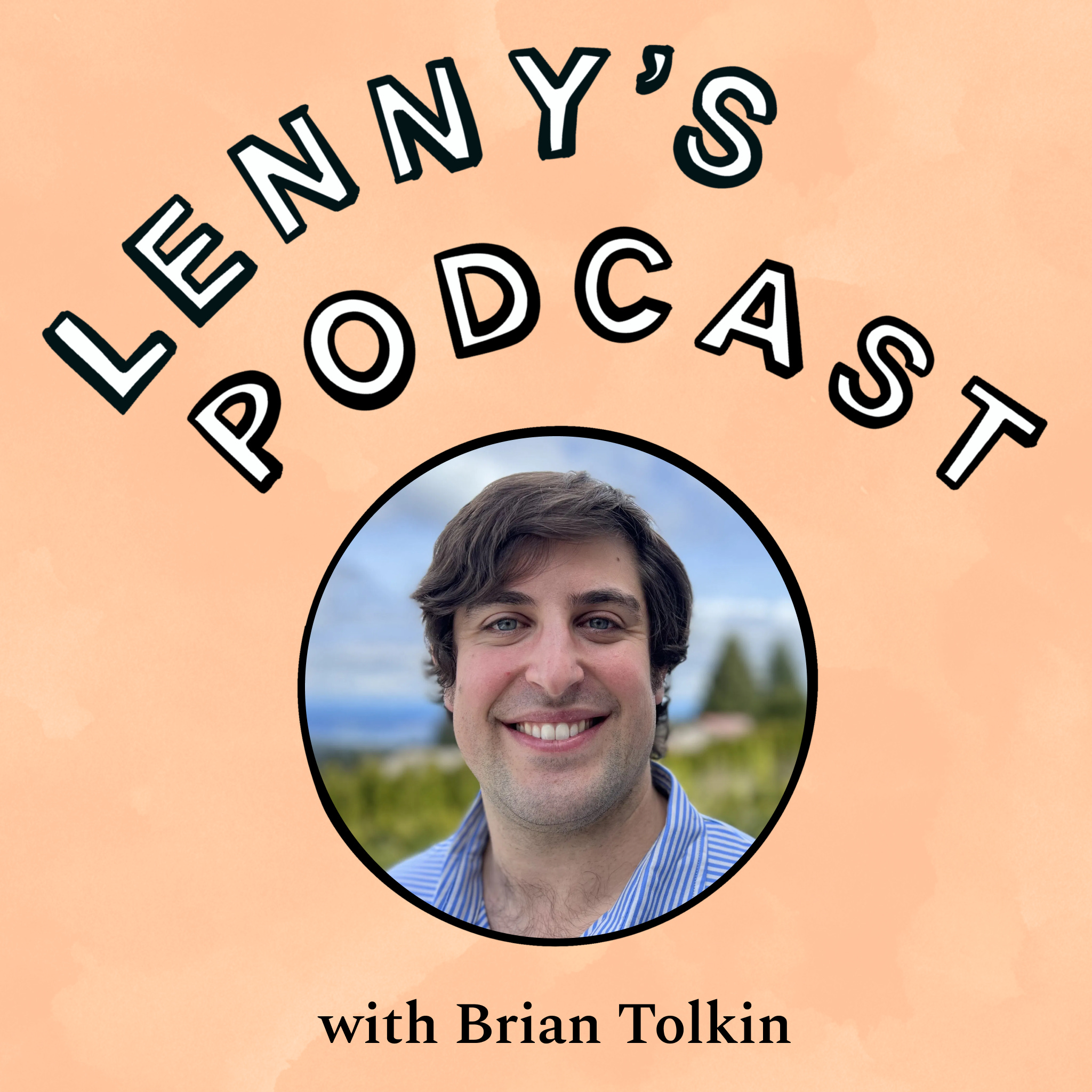
Key Takeaways
- Product and operations synergy is crucial for companies with heavy operational components like Uber and Opendoor. The two functions should work together like a "twin turbine jet plane".
- Starting in operations provides deep business understanding that can make someone a better product leader later on. It gives insight into what actually moves the business metrics.
- Product reviews should have two main goals: accountability/informing stakeholders and helping make the product better through intellectual discussion. They should not feel like "firing squads".
- The Jobs to be Done framework is useful for putting yourself in the customer's shoes, especially for infrequent purchases like homes. It forces teams to be thoughtful about the customer's context.
- A/B testing is challenging with low transaction volumes. Teams need to get creative with other ways to build conviction, like customer interviews, observational data, and trusting intuition.
- Staying calm under pressure as a leader is crucial. Reflecting stress onto teams causes everyone to tense up and doesn't produce better outcomes.
- The core job of product management is finding the "kernel of truth" that really matters amidst all the noise and signals coming from different parts of the organization.
- Product managers need different skill sets for different types of problems. Matching the right PM to the right problem is key as teams scale.
Introduction
In this episode, Lenny interviews Brian Tolkin, Head of Product and Design at Opendoor. Brian previously spent nearly 5 years at Uber, joining as employee #100 before Uber had UberX or UberPool. He started on the ops team at Uber, moved into product, and ended up leading product and launch of UberPool globally. He also started the product operations function at Uber.
The conversation covers building products with heavy operational components, running effective product reviews, implementing Jobs to be Done, experimenting with low sample sizes, staying calm under pressure as a leader, and lessons from scaling Uber and Opendoor.
Topics Discussed
Product and Operations Synergy (00:03)
Brian emphasizes the importance of product and operations working together seamlessly, especially in companies with heavy operational components like Uber and Opendoor. He describes it as a "twin turbine jet plane" where both engines need to be working efficiently for optimal performance.
- Operations teams can iterate faster and have great qualitative insights from being close to customers
- Product teams bring scalable technology solutions
- The two functions should be seen as complementary rather than competitive
"If it's seen more as a harmony instead of a competition, I think that that's really, really helpful" - Brian Tolkin
Starting in Operations (02:57)
Brian discusses how starting his career in operations at Uber made him a better product leader:
- Provided deep understanding of how the business actually works day-to-day
- Gave insight into what moves business metrics
- Allowed for close contact with customers
- Created a good foundation for understanding what to build in a scalable way with technology
Product Reviews (25:48)
Brian shares his approach to running effective product reviews:
- Two main goals:
- Accountability and informing stakeholders
- Helping make the product better through intellectual discussion
- Should not feel like "firing squads" - create an environment conducive to improving the product
- Leaders should probe and ask questions, not give mandates
- Recognize that the team has deep context the leaders may lack
- Keep reviews small (under 10 people) for better conversations
- Create artifacts (documents, recordings) that can be widely shared
Jobs to be Done Framework (32:17)
Brian discusses how Opendoor implements the Jobs to be Done framework:
- Particularly useful for infrequent, complex purchases like homes
- Forces the team to put themselves in the customer's shoes
- Encourages thinking about the broader context of the user's journey
- Implemented through product review templates and planning processes
- Has become part of the company culture and vocabulary
"What we really like about it is it forces you to put yourself in the customer's shoes, I think in a slightly deeper way and be a little bit more empathetic" - Brian Tolkin
Experimentation with Low Sample Sizes (40:29)
Brian shares insights on running experiments and A/B tests with low transaction volumes:
- Acknowledge the challenge and run power analyses
- Be honest about experiment runtimes - some may take 6+ months
- Get creative with other ways to build conviction:
- Customer interviews
- Observational data
- Difference-in-differences analysis
- Geo-based segmentation
- Reducing statistical power requirements
- Sometimes you have to trust intuition and ship without full statistical significance
Staying Calm Under Pressure (52:52)
Brian discusses his approach to staying level-headed as a leader during stressful situations:
- Recognize that reflecting stress onto teams causes everyone to tense up
- Remember that you're "never as good as you think you are, never as bad as you think you are"
- Gain perspective by exposing yourself to stressful situations
- Learn from past experiences to build confidence
- Study other leaders' stories and experiences
"When you reflect the stress onto your teams, everybody tenses up. It counterintuitively doesn't produce better outcomes." - Brian Tolkin
Finding the "Kernel of Truth" in Product Management (56:25)
Brian explains his philosophy on the core job of product management:
- Signals and ideas come from everywhere in an organization
- The PM's job is to find what really matters amidst the noise
- Focus on what will truly move the customer forward
- Be comfortable saying no to good ideas that aren't the most impactful
- In early-stage companies, identify where technology can provide the most leverage
Failure Corner: Early Days of UberPool (1:00:21)
Brian shares a story of failure and learning from the early launch of UberPool:
- Initially focused on specific commuting corridors and company-based matching
- Quickly realized that overall liquidity was the most important factor
- Pivoted to focus on driving liquidity through promotions like "$5 anywhere in San Francisco"
- Learned not to overthink or try to create a perfect beta test
Lightning Round (1:06:11)
Brian shares quick insights on various topics:
- Book recommendations: Shoe Dog, Black Swan, Design of Everyday Things, Chasing Daylight
- Favorite recent shows: Sports documentaries on Netflix (Full Swing, Drive to Survive, Break Point)
- Recent product discoveries: Fi dog collar, Particle news app
- Life motto: "Stay curious"
- Career influence: Jeff Holden, former Chief Product Officer at Uber
Conclusion
Brian Tolkin's experience scaling both Uber and Opendoor provides valuable insights into building products with heavy operational components. His emphasis on product-ops synergy, effective product reviews, and staying calm under pressure offers lessons for leaders in fast-growing companies. The discussion of implementing frameworks like Jobs to be Done and navigating experimentation challenges with low sample sizes provides practical advice for product managers in various contexts.
Throughout the conversation, Brian highlights the importance of finding the core "kernel of truth" that really matters amidst all the noise and signals in product development. His journey from operations to product leadership demonstrates the value of deep business understanding in driving product success.
Ultimately, Brian's insights underscore the need for product leaders to stay curious, adapt to challenges, and focus on what truly moves the needle for customers and the business.
